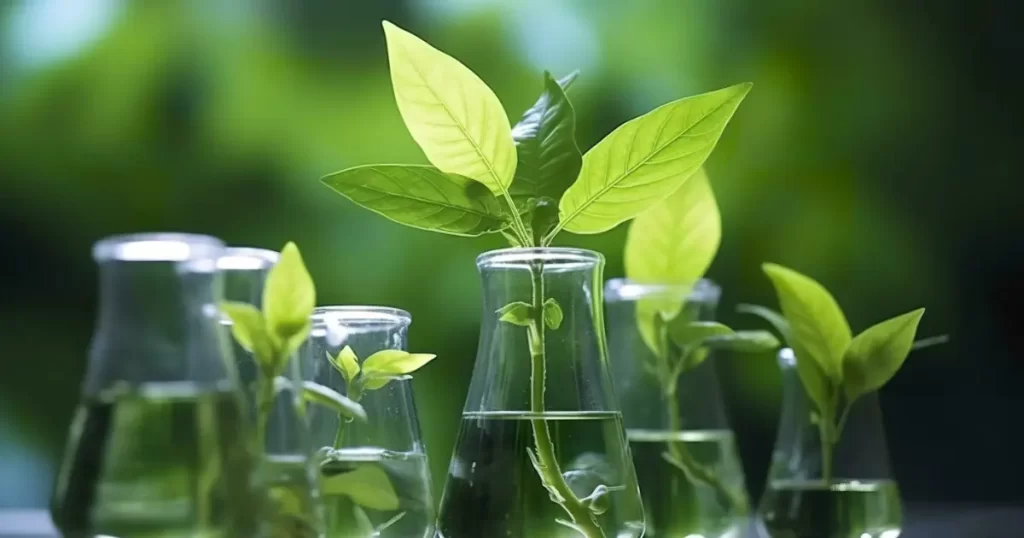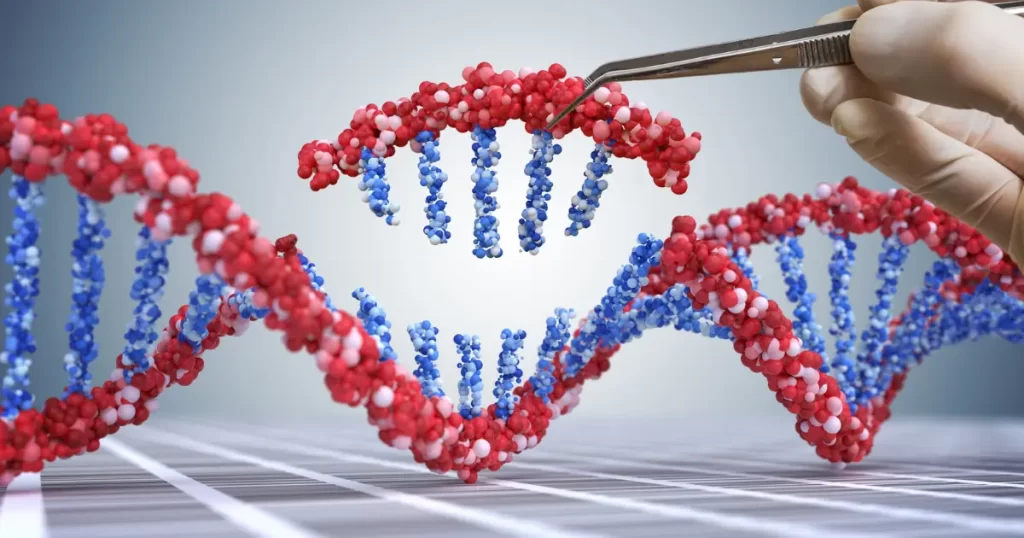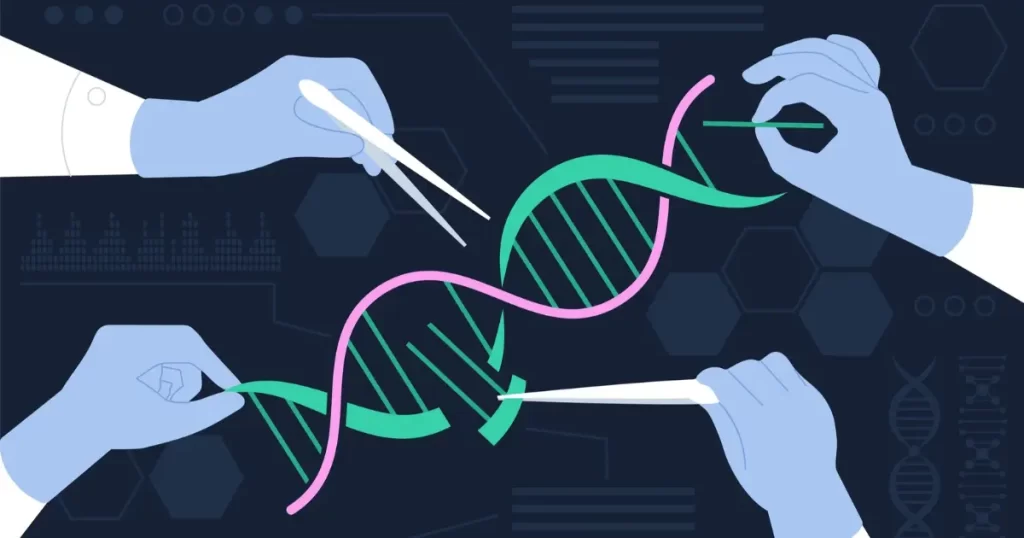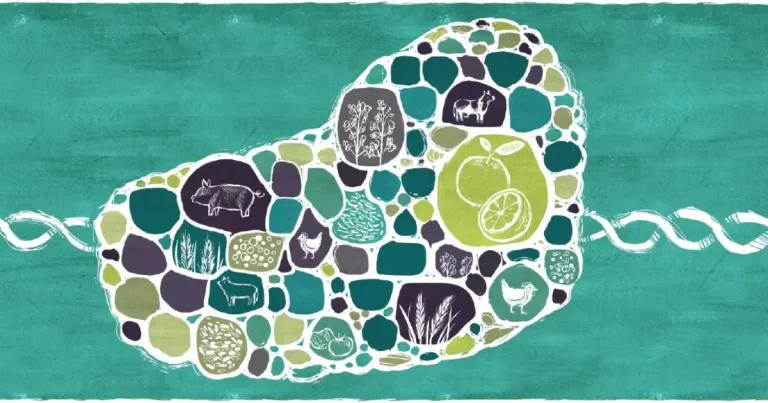In recent years, biotechnology has experienced remarkable advancements, revolutionizing various healthcare and agriculture sectors. Two prominent phenomena have been instrumental in reshaping the landscape of Biotech: CRISPR technology and biohacking. This article delves into the profound impact of these innovations, exploring their applications, implications, and prospects.
Biotechnology encompasses diverse techniques and methodologies to utilize biological systems or living organisms to develop products and solutions beneficial to society. Biotech has emerged as a driving force behind innovation, from medical breakthroughs to sustainable agriculture practices.
As biotechnology advances, it brings forth ethical considerations that necessitate careful deliberation and responsible decision-making. CRISPR technology, in particular, raises ethical questions surrounding genetic manipulation, human enhancement, and the potential for unintended consequences. With its decentralized and DIY nature, biohacking further complicates the moral landscape by challenging traditional scientific practice and oversight boundaries.
| Aspect | Description |
|---|---|
| CRISPR Applications | Genetic editing in agriculture, medicine, and biotechnology |
| Biotech Advancements | Enhanced disease treatments, personalized medicine, and biofuel production |
| Ethical Considerations | Privacy concerns, gene editing regulations, and societal impacts |
| Biohacking Innovations | DIY biology projects, bioinformatics advancements, and citizen science |
| Future Prospects | Potential breakthroughs in curing genetic diseases, sustainable farming, etc. |

Ethical Principles in Biotech:
- Autonomy: Respect for individual freedom is paramount, ensuring individuals have the right to make informed decisions regarding their genetic information and participate in biotechnological interventions.
- Beneficence: Biotechnological developments should prioritize the well-being of individuals and communities, striving to maximize benefits while minimizing harm.
- Justice: Fair distribution of the benefits and burdens of biotechnology is essential, addressing issues of access, equity, and socioeconomic disparities.
- Transparency: Open communication, transparency, and accountability are essential to foster trust and uphold ethical standards in biotech research and innovation.
Regulatory Frameworks and Governance:
Effective regulation and governance mechanisms are indispensable for ensuring the safe and responsible development and deployment of biotechnological applications. Governments, international organizations, and regulatory agencies are crucial in establishing standards, guidelines, and oversight mechanisms to mitigate risks and safeguard public health and safety.
Regulatory Challenges:
- Adaptation: Regulatory frameworks must adapt to the rapidly evolving nature of biotechnology, encompassing emerging technologies, interdisciplinary research, and novel applications.
- Global Harmonization: Achieving international consensus and harmonization in biotech regulation is challenging due to divergent cultural, legal, and ethical perspectives.
- Risk Assessment: Robust risk assessment methodologies are needed to evaluate biotechnological interventions’ potential risks and benefits, balancing scientific evidence with ethical considerations.
CRISPR: A Game-Changer in Genome Editing:
CRISPR (Clustered Regularly Interspaced Short Palindromic Repeats) technology has garnered significant attention for its transformative potential in genome editing. This revolutionary tool allows scientists to modify DNA sequences precisely and with unprecedented accuracy and efficiency. By harnessing the natural defence mechanisms of bacteria, CRISPR-Cas9 systems enable targeted alterations in the genetic code, holding immense promise for treating genetic disorders, engineering crops for improved yield and resilience and combating infectious diseases.

Applications of CRISPR Technology:
- Medical Breakthroughs: CRISPR-based therapies offer new avenues for treating genetic diseases such as sickle cell anaemia and cystic fibrosis. By correcting faulty genes or disrupting disease-causing mutations, CRISPR holds the potential to revolutionize personalized medicine.
- Agricultural Innovation: In agriculture, CRISPR has opened up possibilities for developing crops with enhanced nutritional value, increased resistance to pests and diseases, and improved environmental sustainability. Scientists can accelerate breeding and address global food security challenges by precisely editing plant genomes.
- Biomedical Research: CRISPR technology is a valuable tool for elucidating the genetic basis of various diseases and facilitating drug discovery efforts. Its applications extend to creating animal models for studying human disorders and engineering microbes for bioproduction purposes.
Biohacking: Empowering Citizen Scientists:
In parallel with institutionalized research efforts, a growing community of biohackers is democratizing biotechnology through DIY experimentation and collaborative projects. Biohacking, often conducted in community labs or home setups, enables individuals outside traditional scientific institutions to explore and innovate in Biotech.
Key Aspects of Biohacking:
- Accessible Tools and Resources: Biohackers leverage open-source protocols, affordable lab equipment, and online resources to conduct experiments and pursue projects of interest. Platforms like DIYbio.org provide guidance and support for aspiring biohackers.
- Innovative Projects: From DIY genetic engineering to bioinformatics exploration, biohackers engage in various projects spanning biomedical research, environmental monitoring, and sustainable bioproduction. These endeavours foster creativity, collaboration, and knowledge-sharing within the biohacking community.
- Ethical Considerations: While biohacking offers opportunities for innovation and education, it also raises ethical concerns regarding safety, regulation, and responsible conduct. Transparency, risk mitigation, and adherence to ethical guidelines are paramount in the biohacking sphere.

The Intersection of CRISPR and Biohacking:
The convergence of CRISPR technology and biohacking exemplifies the dynamic interplay between institutionalized research and grassroots innovation. While CRISPR represents a cutting-edge tool for precise genome editing in controlled laboratory settings, biohackers explore its applications in unconventional contexts, pushing the boundaries of DIY biology.
Collaborative Initiatives:
Increasingly, collaborative initiatives bridge the gap between professional researchers and citizen scientists, fostering knowledge exchange and mutual learning. Hackathons, workshops, and community-driven projects serve as platforms for interdisciplinary collaboration, where diverse perspectives contribute to problem-solving and innovation.
Future Directions and Challenges:
Immense potential and formidable challenges characterize Biotech’s future. As CRISPR-based therapies advance towards clinical applications, ensuring safety, efficacy, and accessibility remains paramount. Additionally, addressing regulatory complexities, ethical dilemmas, and socioeconomic disparities is essential to realize the full benefits of biotechnological advancements.
Precision Medicine and Personalized Healthcare:
- Genomic Medicine: Biotechnological tools such as next-generation sequencing and CRISPR-based genome editing have ushered in the era of genomic medicine, where clinicians can tailor treatments to an individual’s genetic makeup. This personalized approach holds promise for more effective and targeted therapies, reducing adverse drug reactions and improving patient outcomes.
- Cancer Immunotherapy: Biotechnology has revolutionized cancer treatment by developing immunotherapies that harness the body’s immune system to target and destroy cancer cells. Therapies such as CAR-T cell therapy and checkpoint inhibitors have shown remarkable efficacy in treating various types of cancer, offering new hope to patients with advanced disease.
Sustainable Agriculture and Food Security:
- Gene Editing in Crop Improvement: CRISPR technology enables precise genetic modifications in crops, leading to the development of varieties with enhanced traits such as drought tolerance, disease resistance, and nutritional content. By accelerating the breeding process and reducing reliance on chemical inputs, biotechnology offers sustainable solutions to improve crop yields and resilience in the face of climate change.
- Vertical Farming and Controlled Environment Agriculture: Biotechnology is crucial in developing innovative agricultural practices such as vertical farming and controlled environment agriculture. By integrating bioreactors, hydroponic systems, and LED lighting, these technologies enable year-round cultivation of crops in urban settings, reducing land use, water consumption, and carbon emissions associated with traditional agriculture.
Environmental Conservation and Bioremediation:
- Biological Solutions for Pollution Control: Biotechnology offers environmentally friendly pollution control and remediation solutions. Microorganisms engineered to metabolize pollutants such as hydrocarbons, heavy metals, and pesticides can be deployed to remediate contaminated soil and water, restoring ecosystems and protecting human health.
- Bio-Based Materials and Sustainable Manufacturing: Biotechnology enables the production of bio-based materials and renewable fuels from biomass feedstocks such as agricultural residues, algae, and waste streams. These bio-based alternatives offer sustainable alternatives to fossil fuels and petrochemicals, reducing greenhouse gas emissions and dependence on finite resources.
Emerging Frontiers in Biotechnology:
- Synthetic Biology: Synthetic biology combines principles from biology, engineering, and computer science to design and construct biological systems with novel functionalities. Applications range from biofuel production and pharmaceutical manufacturing to environmental sensing and bioremediation, unlocking new opportunities for innovation and discovery.
- Neurotechnology and Brain-Computer Interfaces: Biotechnology is revolutionizing our understanding of the brain and enabling the development of brain-computer interfaces (BCIs) for applications such as assistive technology, neuroprosthetics, and cognitive enhancement. BCIs interface directly with the brain to restore lost sensory or motor functions, opening new frontiers in human-machine interaction and neural engineering.
Societal Impact of Biotechnology:
Biotechnology has the potential to impact society in numerous ways profoundly:
- Healthcare Advancements: Biotechnological innovations have led to the development of novel therapies, diagnostic tools, and preventive measures that have improved healthcare outcomes and extended human lifespan. Biotechnology is revolutionizing how we diagnose, treat, and prevent diseases, from gene therapies to personalized medical approaches.
- Food Security and Agriculture: In agriculture, biotechnology plays a crucial role in addressing global food security challenges by enhancing crop productivity, resilience, and nutritional value. Genetically modified crops, for example, are engineered to withstand environmental stresses, resist pests and diseases, and provide higher yields, improving food availability and affordability.
- Environmental Conservation: Biotechnology offers solutions for mitigating environmental degradation and promoting sustainability. Bioremediation techniques utilize microorganisms to degrade pollutants and restore contaminated ecosystems, while biologically based pest control methods reduce reliance on chemical pesticides, minimizing environmental impact.
- Industrial Applications: Biotechnology has revolutionized industrial processes by enabling the production of bio-based fuels, chemicals, and materials from renewable resources. Biomanufacturing techniques such as fermentation and enzymatic catalysis offer environmentally friendly alternatives to traditional manufacturing methods, reducing dependence on fossil fuels and minimizing waste generation.
Ethical Considerations in Biotechnology:
As biotechnology continues to advance, it raises complex ethical considerations that must be carefully addressed:
- Genetic Privacy and Discrimination: The ability to sequence and manipulate genetic information raises concerns about privacy, consent, and potential discrimination based on genetic traits. Safeguarding genetic privacy and ensuring equitable access to genetic testing and therapies are essential for upholding individual rights and preventing discrimination.
- Dual-Use Dilemmas: Biotechnological innovations can be used for beneficial and harmful purposes, raising dual-use dilemmas related to biosecurity and bioterrorism. Balancing scientific freedom with national security interests requires robust governance frameworks and international cooperation to mitigate potential risks.
- Social Justice and Equity: Biotechnology can potentially exacerbate disparities in healthcare access, agricultural resources, and biotechnological benefits. Promoting social justice and equity requires addressing socioeconomic inequalities and ensuring biotechnological advancements benefit marginalized and vulnerable populations.
- Environmental Impacts: While biotechnology offers solutions for environmental conservation, it also poses risks to ecosystems and biodiversity. Assessing and mitigating potential environmental impacts of biotechnological interventions are essential for ensuring sustainability and minimizing unintended consequences.
Future Directions in Biotechnology:
Looking ahead, several key trends and developments are shaping the future of biotechnology:
- Emerging Technologies: Advances in fields such as synthetic biology, nanotechnology, and artificial intelligence are driving innovation in biotechnology, unlocking new opportunities for biomedicine, agriculture, and environmental sustainability.
- Convergence of Disciplines: The convergence of diverse scientific disciplines, including biology, engineering, and computer science, fuels interdisciplinary research and collaboration, leading to transformative breakthroughs in biotechnology.
- Personalized Medicine: The era of personalized medicine, enabled by genomics, bioinformatics, and data analytics, is revolutionizing healthcare by tailoring treatment strategies to individual genetic profiles, lifestyle factors, and disease risks.
- Global Challenges: Biotechnology has a vital role to play in addressing pressing global challenges, including pandemics, climate change, and food insecurity. Collaborative efforts and international cooperation are essential for developing sustainable biotechnological solutions to these complex problems.
Conclusion:
The impact of biotechnology, from CRISPR to biohacking, reverberates across diverse domains, shaping how we approach healthcare, agriculture, and scientific inquiry. While CRISPR heralds a new era of precision genome editing, biohacking empowers individuals to participate in biotech innovation in unprecedented ways. By harnessing the synergies between institutionalized research and grassroots experimentation, we can unlock the full potential of biotechnology to address pressing global challenges and improve human well-being.
This article has provided a comprehensive overview of the impact of Biotech, encompassing CRISPR technology and biohacking, and explored their applications, implications, and future directions. As the biotech landscape continues to evolve, embracing collaboration, innovation, and ethical stewardship will be pivotal in navigating the opportunities and challenges that lie ahead.
Related Article:

